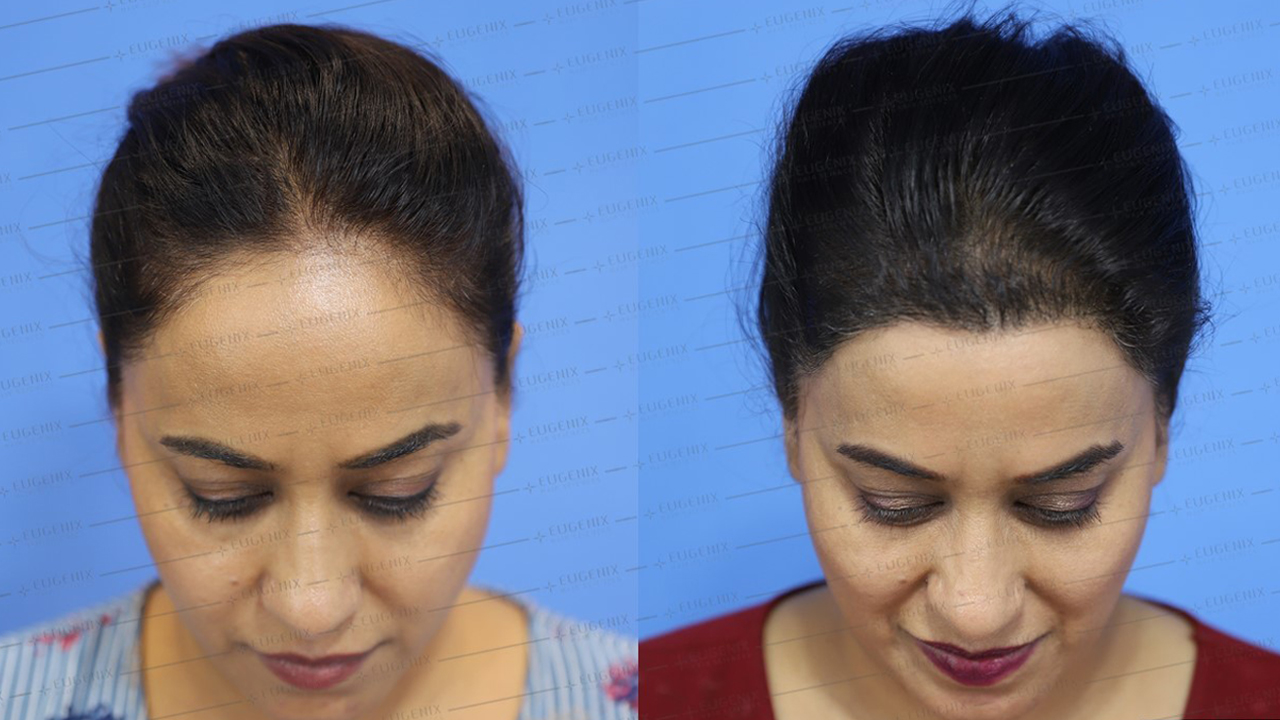
Hair implants in Turkey have gained global recognition for their advanced techniques, high success rates, and affordability. The country’s emergence as a leading destination for hair restoration can be attributed to its cutting-edge technology, skilled surgeons, and competitive pricing. This article provides a comprehensive overview of the hair implant process in Turkey, from initial consultation to post-operative care, and highlights why Turkey has become a preferred location for those seeking hair restoration solutions.
The Evolution of Hair Implant Techniques
Hair implant techniques have evolved significantly over the years, leading to more effective and less invasive procedures. In Turkey, advanced methods such as Follicular Unit Extraction (FUE) and Direct Hair Implantation (DHI) are widely used. FUE involves extracting individual hair follicles from a donor area and implanting them into thinning or bald spots on the scalp. This technique is known for its minimal scarring and quick recovery time. DHI, on the other hand, uses a specialized pen to directly implant hair follicles into the scalp without creating incisions. Both techniques are popular in Turkey for their ability to deliver natural-looking results and high patient satisfaction.
Initial Consultation and Planning
The process of hair transplant istanbul begins with an initial consultation, either in person or virtually. During this consultation, the patient discusses their hair loss concerns and goals with a specialist. The surgeon evaluates the patient’s hair density, scalp condition, and overall health to determine the most suitable treatment plan. This stage involves discussing the different techniques available, expected results, and the cost of the procedure. A personalized treatment plan is crafted based on the patient’s specific needs, ensuring that the chosen method aligns with their expectations and desired outcome.
Preparing for the Procedure
Preparation for hair implants involves several key steps to ensure a successful outcome. Patients are advised to follow specific pre-operative instructions, such as avoiding certain medications, alcohol, and smoking, which can affect the healing process. Some clinics in Turkey also provide patients with detailed pre-surgery guidelines to help them prepare physically and mentally. Additionally, patients are often given a comprehensive overview of what to expect on the day of the procedure, including any necessary pre-operative tests and the duration of the surgery.
The Hair Implant Procedure
On the day of the hair implant procedure, patients arrive at the clinic and undergo a final consultation with their surgeon to review the treatment plan. The procedure typically begins with local anesthesia to ensure comfort during the operation. For FUE, the surgeon extracts individual hair follicles from the donor area, usually the back or sides of the head, and carefully implants them into the recipient sites. In DHI, the follicles are inserted using a specialized implanter pen, allowing for precise placement. The entire procedure can take several hours, depending on the number of grafts being implanted. Patients are usually able to go home the same day and resume normal activities within a few days.
Post-Operative Care and Recovery
Post-operative care is crucial for ensuring the success of hair implants. In Turkey, clinics provide detailed instructions on how to care for the transplanted area to promote healing and optimize results. Patients are advised to avoid strenuous activities, direct sun exposure, and touching or scratching the scalp during the initial recovery period. Most clinics also schedule follow-up appointments to monitor progress and address any concerns. Patients typically experience some swelling and mild discomfort in the days following the procedure, which usually subsides within a week. It is important to follow the aftercare guidelines provided by the clinic to achieve the best possible outcome.
Results and Long-Term Maintenance
The results of hair implants in Turkey gradually become visible as the transplanted hair follicles begin to grow. Patients may notice initial shedding of the transplanted hairs, which is a normal part of the process. New hair growth typically starts within a few months, with full results becoming apparent within 12 to 18 months. Long-term maintenance involves following a healthy hair care routine and possibly using products recommended by the clinic to support hair growth. Many clinics in Turkey offer ongoing support and advice to help patients maintain their results and address any issues that may arise.
Why Turkey is a Top Choice for Hair Implants
Turkey’s prominence in the field of hair implants can be attributed to several factors. The country boasts a high standard of medical care, advanced technology, and a large pool of experienced surgeons specializing in hair restoration. Additionally, the cost of hair implants in Turkey is significantly lower than in many other countries, making it an attractive option for those seeking affordable yet high-quality treatment. The combination of skilled professionals, modern facilities, and cost-effectiveness has established Turkey as a leading destination for individuals looking to restore their hair and regain their confidence.
Conclusion: A Comprehensive Hair Implant Experience in Turkey
Understanding the process of hair implants in Turkey reveals why the country has become a preferred destination for hair restoration. From the evolution of advanced techniques to the detailed preparation and post-operative care, Turkey offers a comprehensive and effective solution for hair loss. The expertise of its surgeons, coupled with state-of-the-art technology and affordable pricing, makes Turkey an ideal choice for those seeking hair implants. By choosing Turkey, patients can expect a high-quality experience and satisfactory results, making it a leading player in the global hair transplant industry.